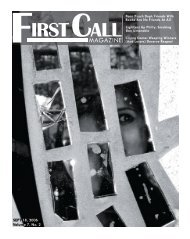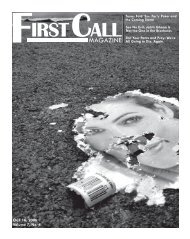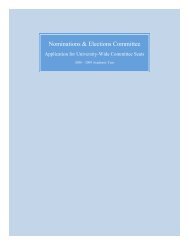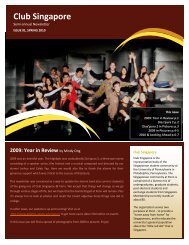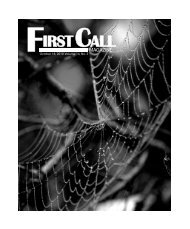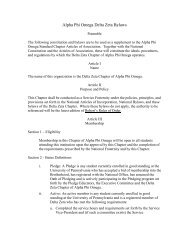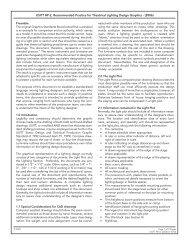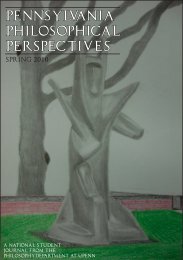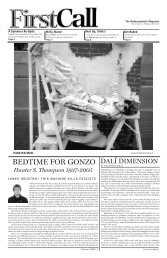Penn Philosophical Perspectives - University of Pennsylvania
Penn Philosophical Perspectives - University of Pennsylvania
Penn Philosophical Perspectives - University of Pennsylvania
- No tags were found...
Create successful ePaper yourself
Turn your PDF publications into a flip-book with our unique Google optimized e-Paper software.
endowed by Heaven with moral resources because his observationson how human beings act in reality lay the foundation for-case by saying that even if humans did possess goodness in theoriginal state, they may have moved away from this at birth.lent.Human desires are largely responsible for these negativequalities that human beings possess, and hence the former sagethose who practice them to obtain morality through “self-arti-crooked wood is straightened. To put it differently, repeatedpractice <strong>of</strong> rituals gives men their “second” nature, one that in-person’s behavior is in reality markedly different from what hasbeen endowed to that person by Heaven, because endowmentsby Heaven are good while human beings in reality are wicked;(b) the end-product <strong>of</strong> the rituals and moral norms created bythe sage kings is morality, which is purely good; (c) therefore, acould not have given rise to b because something that is wickedand bad cannot create something that is purely moral and good.Morality and Discovery cantlymore intelligent than the general population and had awith morality, so it is safe to assume that the sage kings werewhat it entails. In this sense, the sages know about moralityonly ins<strong>of</strong>ar as they are conscious <strong>of</strong> it, but it does not followthat morality did not exist prior to their conscious experience,help in understanding this. Christopher Columbus is creditedorto Columbus’ discovery. Thus, it is plausible to assume that-Similarly, the sages are credited with discovering morality becausemorality was not known to the world <strong>of</strong> humankind, butit does not follow that moral goodness and benevolence did notexist prior to their discovery. To say that morality did not existin the mind <strong>of</strong> sages and non-sages is not enough to say thatmorality did not exist anywhere prior to its discovery. Thus, itis safe to say that the sages are pioneers who happened to bealsor blueprints based on their discovery, so that “even a manJanuary 2010<strong>Penn</strong> <strong>Philosophical</strong> <strong>Perspectives</strong>only become sages if they are willing to follow the blueprintsmall man can become a gentleman but he refuses to, and a gentlemancan become a small man but he refuses to.” This is alsoresult <strong>of</strong> repeated practice” (Confucius and Lau 17.2).I think this argument is consistent with both the works <strong>of</strong> mise.In this view, the sages are responsible for creating andthe possibility that men might have an intuitive sense <strong>of</strong> moralityendowed by Heaven. This is because ordinary people havea conscious experience <strong>of</strong> morality and it cannot be disproved-importantly, this argument refutes the claim that there is a ge-are not “creating” morality out <strong>of</strong> moral resources per se. Instead,the rituals and moral norms created by the sages serve asa blueprint by which ordinary people can attempt to discovermorality through the cultivation <strong>of</strong> their weak and spontaneousereducation in that an instructor is there only to provide guidanceto the students while leaving the self-discovery processup to the student. Rather than attempting to mold the studentsinto something that they are not, the instructor acts as a guidegreat teachers <strong>of</strong> morality.Works Cited Deng, Shiru. “Hanging scroll, ink on paper.” 1796. The Palace 65. Print. Kong: Chinese <strong>University</strong> Press, 1984. Print. Calif: Stanford <strong>University</strong> Press, 1988-1994. Print.6




